The biggest winners and losers of 2024: Nvidia won over Wall Street but what hardware won PC Gamer's heart?
It's not about the money, money, money…
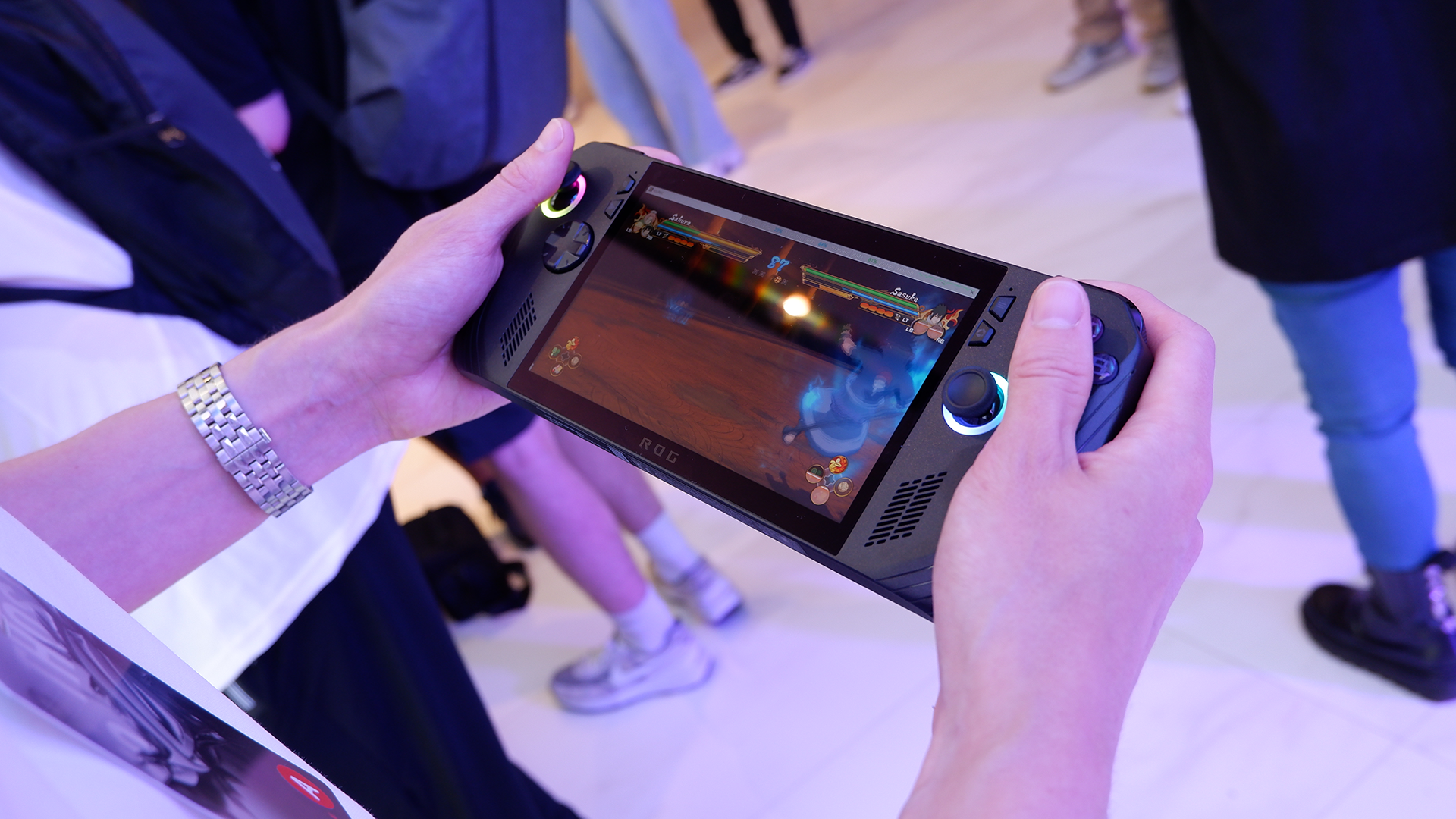
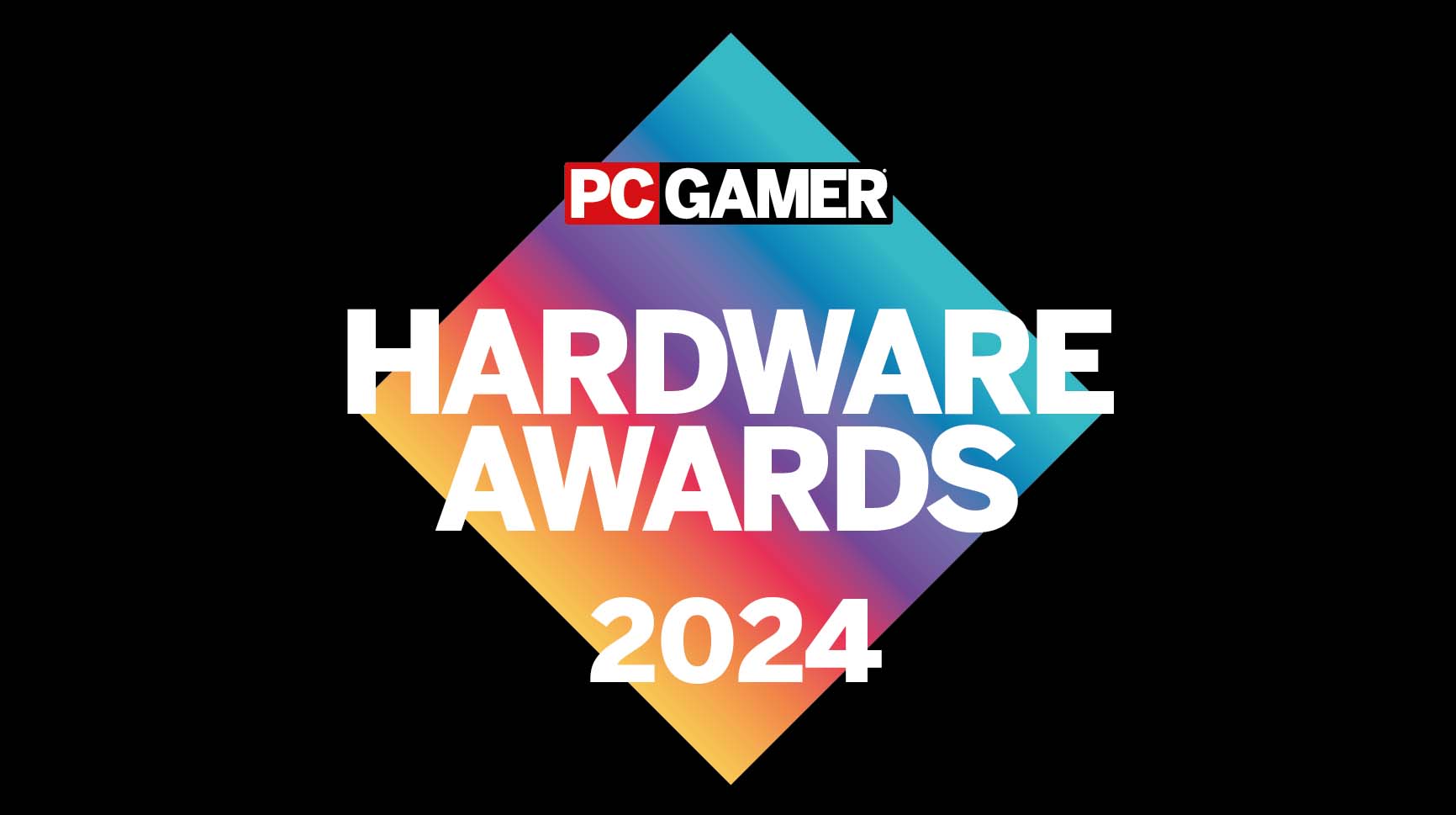
Check out more of the year's best tech in our PC Gamer Hardware Awards 2024 coverage.
Who won 2024? I can think of a few contenders for the crown, both companies and individuals, able to lay a stake to having a bumper year in PC hardware land. But this isn't Time magazine and bumper profits don't solely earn our adorning love here at PC Gamer. As much as it's been a year of new technologies and large-scale investments to make a venture capitalist vibrate with excitement, so much of what's happened has been leading up to the Next Big Thing.
Of course, I'm talking about AI. It's undeniably the biggest trend in technology and even PC gamers aren't able to escape its clutches.
Copilot+ landed on Windows 11 this year, just when we thought we'd shaken off clingy Cortana for good. This new feature promises to revolutionise the desktop experience and make you a better person, or something along those lines, but some of its most promising features are yet to launch to the masses or only available on risky dev builds. Copilot+ needs more time in the oven.
Moreover, I've tested a few laptops with NPUs, or Neural Processing Units, included inside the silicon to accelerate AI, and I've come away wondering what the fuss was all about. Intel, AMD, and Qualcomm all rushed to include these inference-friendly units in their latest mobile chips, and it's true that they might prove useful one day, but my own experience just trying to benchmark it shows they're still some ways off benefitting mainstream PC users.
So, AI isn't solely winning me over here. It might have been the year the AI PC launched, but it's not been the year of the AI PC.
Not to mention we already have AI-accelerating silicon inside our PCs already. I couldn't talk about the year's biggest winners without mentioning Nvidia and our man Jensen Huang—at times the world's most valuable company and the latest CEO-turned-celebrity.
If you invested $10,000 in Nvidia back in January, it would be worth $16,760 today. That's a 167% share price increase in just under 12 months. To put that in perspective, Nvidia's skyrocketing share price saw it overtake Apple as the world's most valuable company this year, twice.
The biggest gaming news, reviews and hardware deals
Keep up to date with the most important stories and the best deals, as picked by the PC Gamer team.
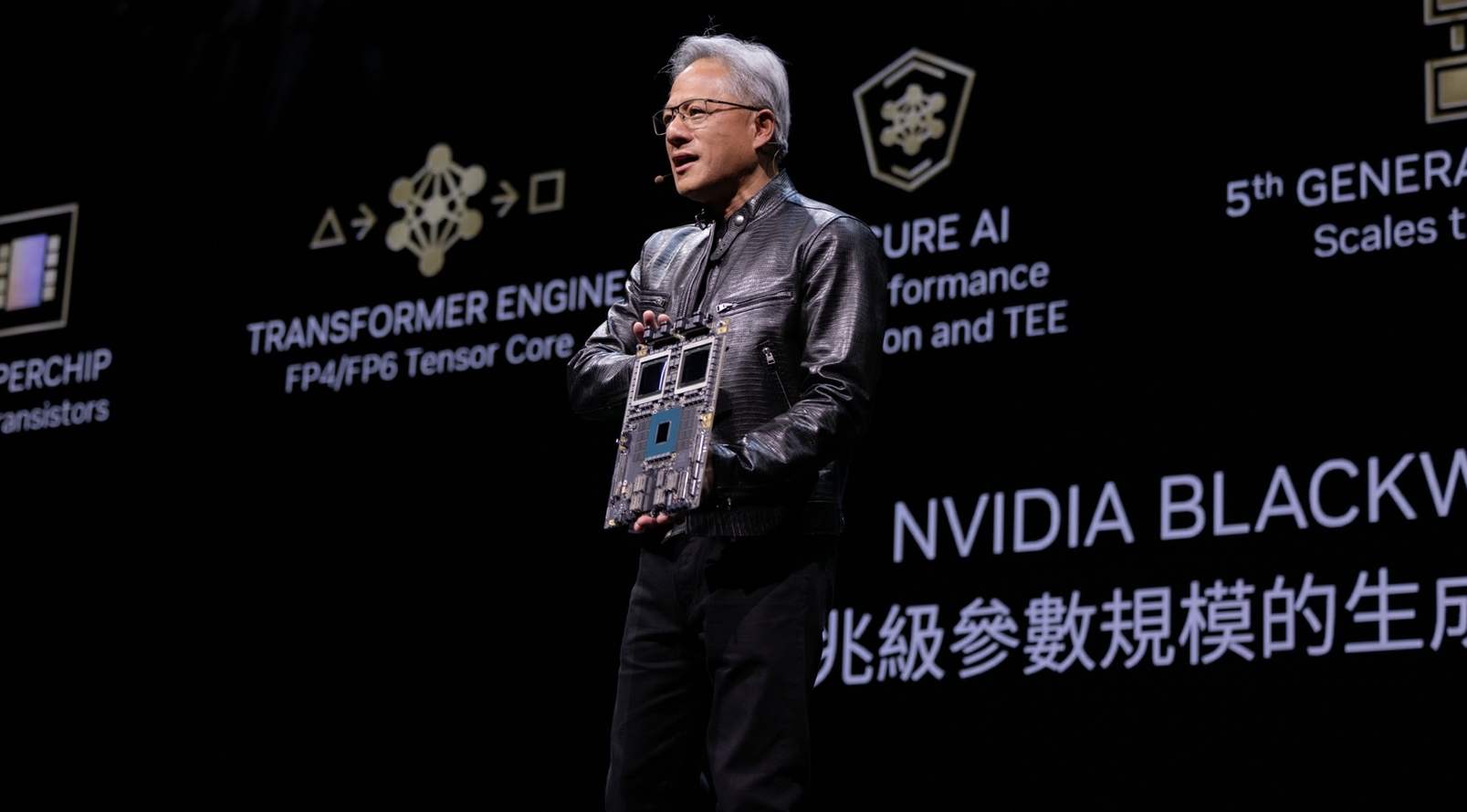
Nvidia is the easy pick as the winner for 2024. Though, trying to come at this from a PC gamer's perspective, only a small amount of its success can be attributed to its GeForce gaming division, or has even manifested in our own gaming PCs. It made $3.3 billion of a total $30.8 billion revenue for the GPU biz in Q3, 2024. The RTX 40-series has reportedly been selling well, which is a surprise considering the RTX 50-series is poised to take the reigns in 2025, but it was the refreshed Super variants that launched at the start of the year that I should be judging Nvidia by.
The Super GPUs were a good launch, it must be said. The RTX 4070 Ti Super is probably the best graphics card of the entire Ada Lovelace generation, with plenty of memory, a wide memory bus, and a competitive wattage. The RTX 4080 Super rectified some of the past pricing mistakes of the RTX 4080, and the RTX 4070 Super is clearly popular from its quick rise up the Steam Hardware Survey.
There's not stiff competition from anyone else in the graphics card space right now. However much I'd recommend some of AMD's mid-range graphics cards for their unbelievably good performance-per-dollar these days, no one appears to be buying. AMD isn't even in the top 10 for the Steam survey. Meanwhile, Intel has impressed with its second-generation Battlemage Arc B580—a card on the more affordable end of the spectrum that has been received extremely well by some—but we ran into heaps of issues during testing that we couldn't gloss over.
Where AMD stands a chance for claiming the crown is with its CPUs. It's more one CPU, really, the Ryzen 7 9800X3D.
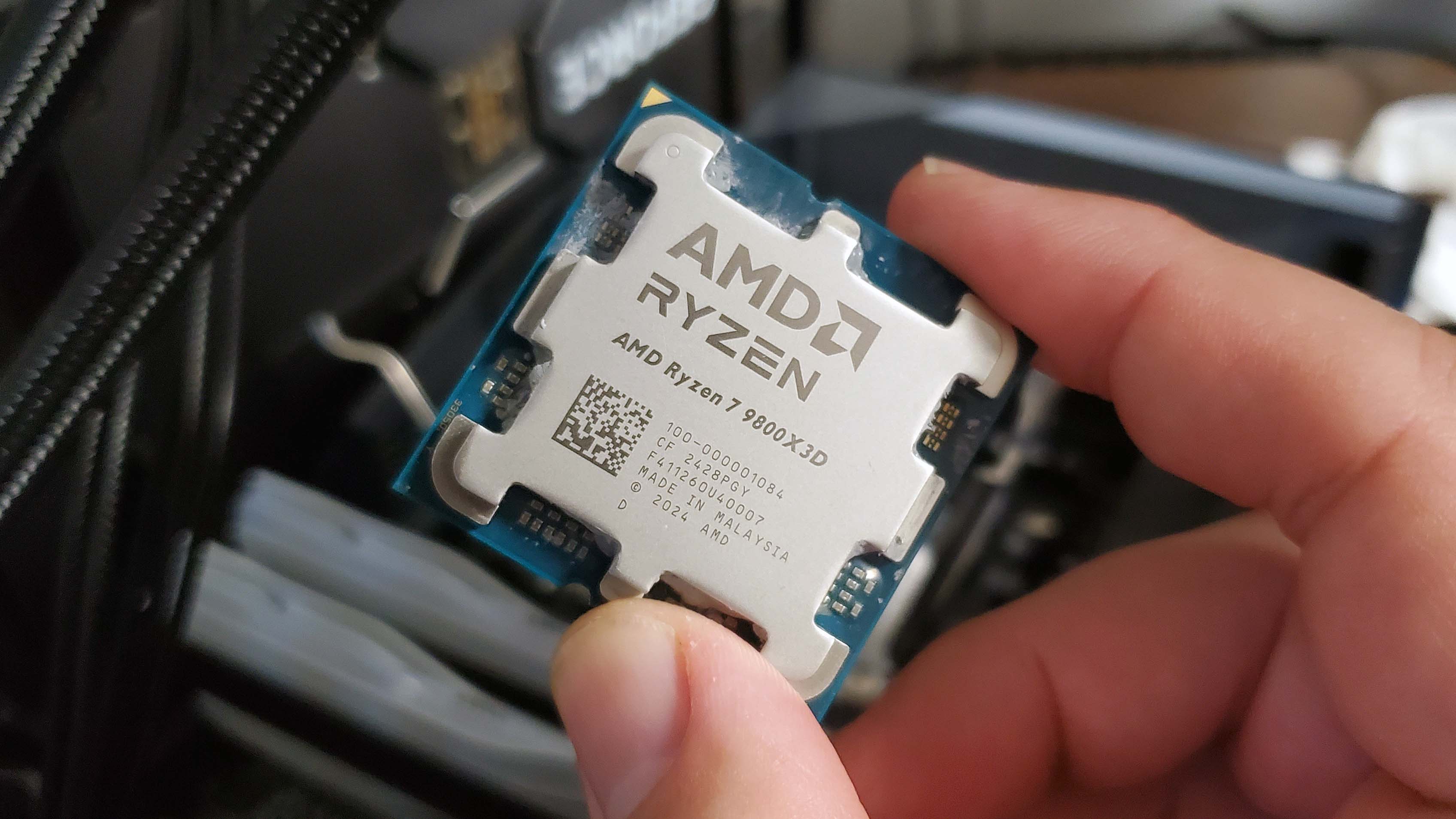
The 9800X3D is the best gaming CPU money can buy right now. This eight-core, 16-thread processor comes with 96 MB of L3 cache, 64 MB of which is attached to the top of the core chiplet, known as a CCD (core complex die). It's a clever design made in partnership with the world's main chip factory, TSMC. This chip dominates in our gaming benchmarks, delivers solid multithreaded performance, and doesn't draw too much power. All of which means Intel's latest, the Core Ultra 200S-series, is left in the dust.
Ah, Intel. We were always going to end up here at some point in this article.
From one perspective, looking at the company's financials and leadership, Intel is one of the biggest losers of the year. The company has lost a competent CEO with an engineering background to what some suggest was a lack of conviction from the board of directors in his plan for renewed manufacturing prowess. Though, for the record, Pat officially retired.
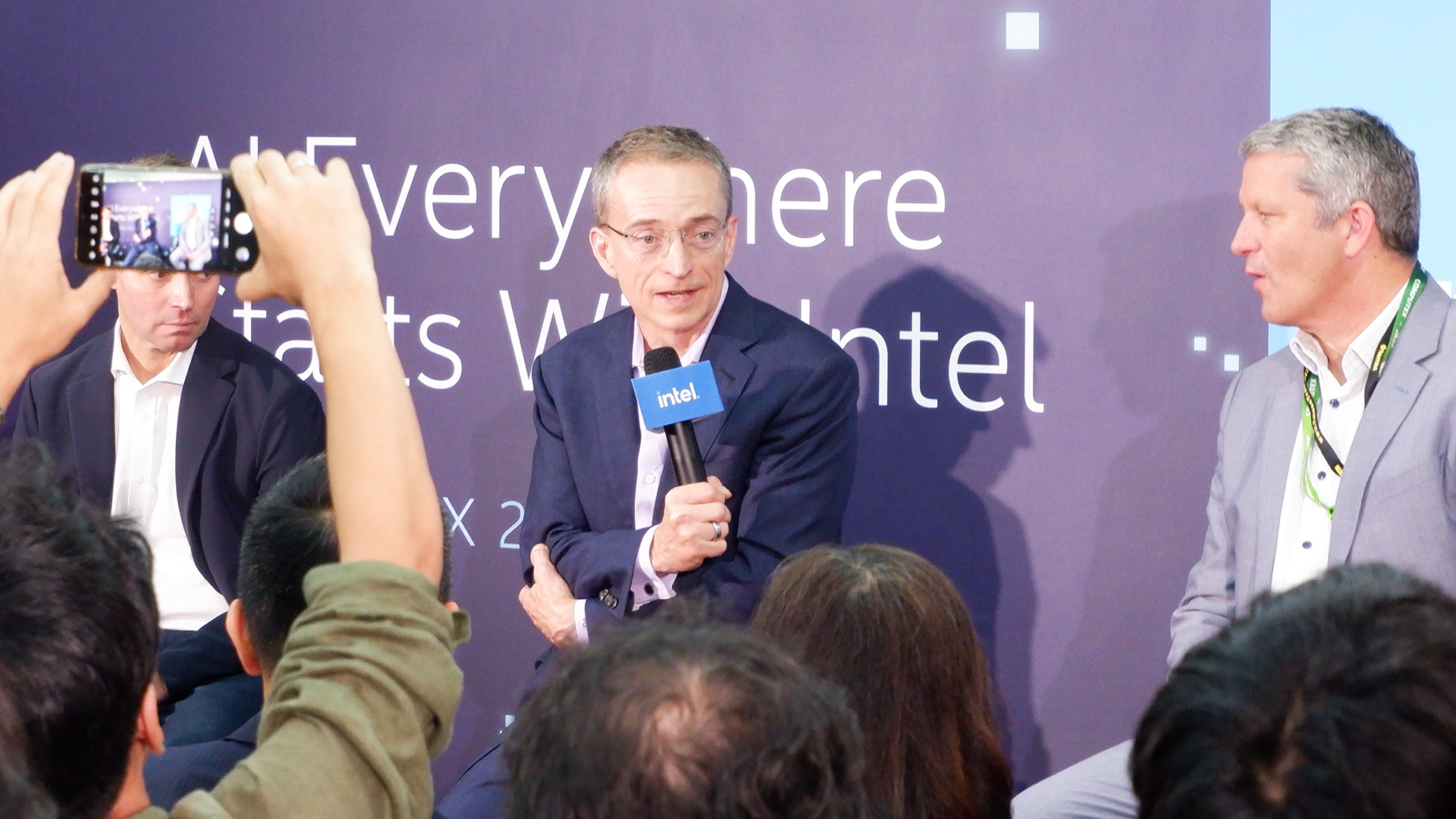
You can also make a case that, if not Intel, some of Intel's customers are the biggest losers of the year. Intel's continued instability issues saw high-end 14th Gen processors burning out en masse and the issue was only caught and rectified when it was too late to save some of them. The damage was already done. The chips were largely replaced free-of-charge but Intel's reputation among PC builders has taken a hit.
As if Intel's problems weren't stacking up already, Arrow Lake launched to little fanfare. These chips deliver on their promise of dramatically reduced power consumption, but in doing so regressed in gaming performance. Intel has noted four failures of Arrow Lake in a recent blog post and promises to fix these chips next year, but there's no denying it's been a catastrophically bad year in gaming PCs for the original chip firm.
There is a silver lining for Intel in both the Lunar Lake and Battlemage launches. The former an x86 chip that genuinely can compete with Arm for battery life, and the latter a much-needed budget graphics card that doesn't suck. Though in our testing of the B580, and maybe we're just the unlucky ones, but Battlemage ran into a lot of issues that Intel has said it's working to fix. So that's not quite a win we can get behind as much as others.
Yep, it's a bad year for Intel, and one made worse by increased competition from ARM-based processors.
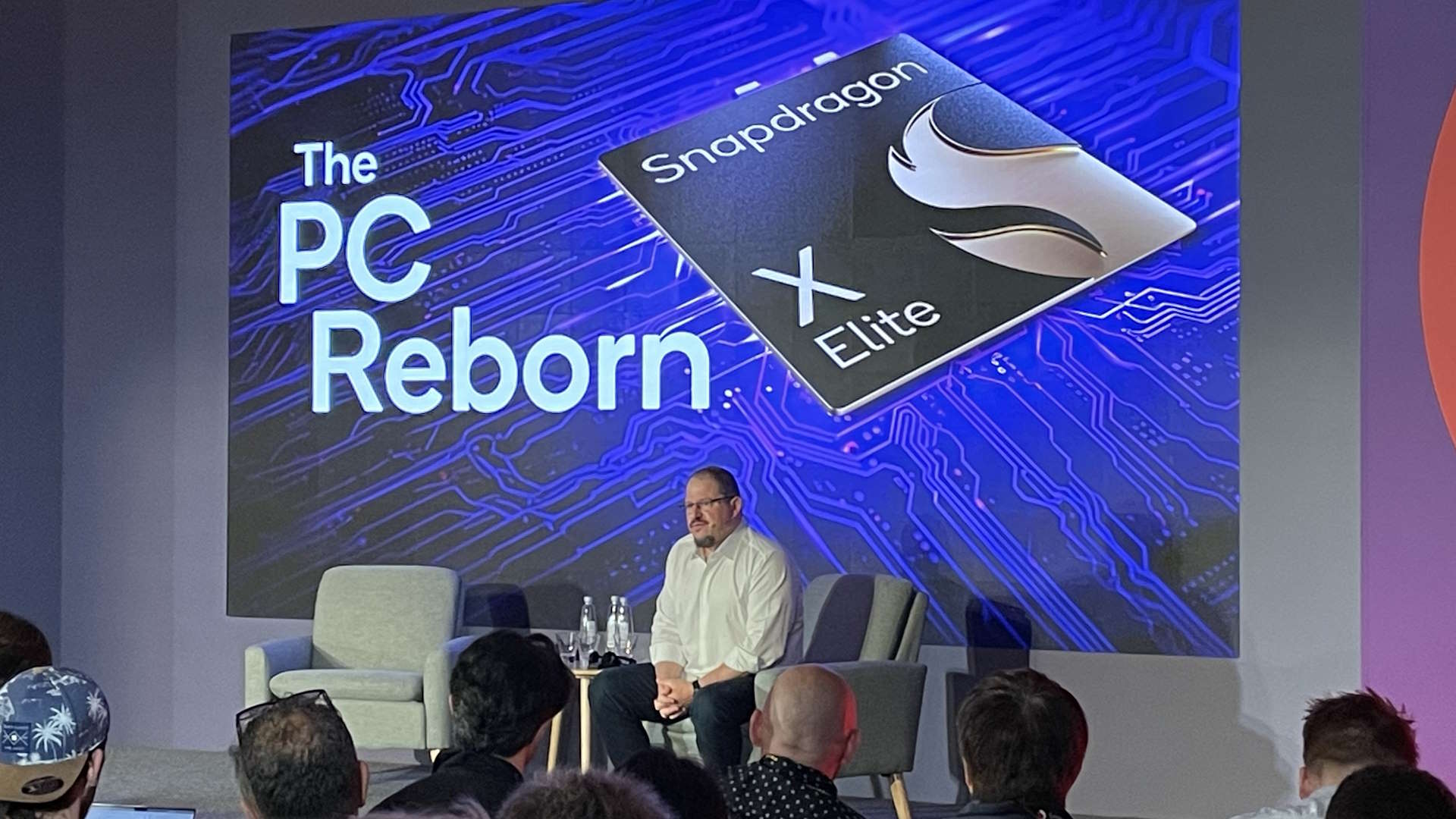
A broadside of ARM chips, is how one might describe this year, as Qualcomm, Apple, and Amazon number those major tech firms bringing ARM processors to mass availability. In terms of Apple and Qualcomm, that means actual processors you can buy in a computer for use at home, and which are roundly celebrated for impressive performance.
That's uppercase ARM, meaning the instruction set architecture, though even lowercase Arm, the company behind it, has been on a streak. Following a failed buyout by Nvidia and an IPO previous to this year, chip designer and licenser Arm has been going from strength to strength with ever-more customers, form factors, use cases, and licensees.
Gaming isn't anywhere close to being the all-round smooth experience that Qualcomm touted it to be before the release of the Elite X chips, but you can see the foundations forming for processors to compete with Intel and AMD in gaming PCs. That promise isn't alone enough to make me hand Arm the biggest winner of 2024 cap and celebratory mace, not the least bit because Arm and Qualcomm don't even get on anymore, but uppercase ARM has just enjoyed one of its biggest and best years to date.
That covers off the major PC players, but we shouldn't ignore the smaller guys here. And when I say smaller guys, I mostly mean the multi-million dollar corporations that create the actual systems and peripherals we use regularly.
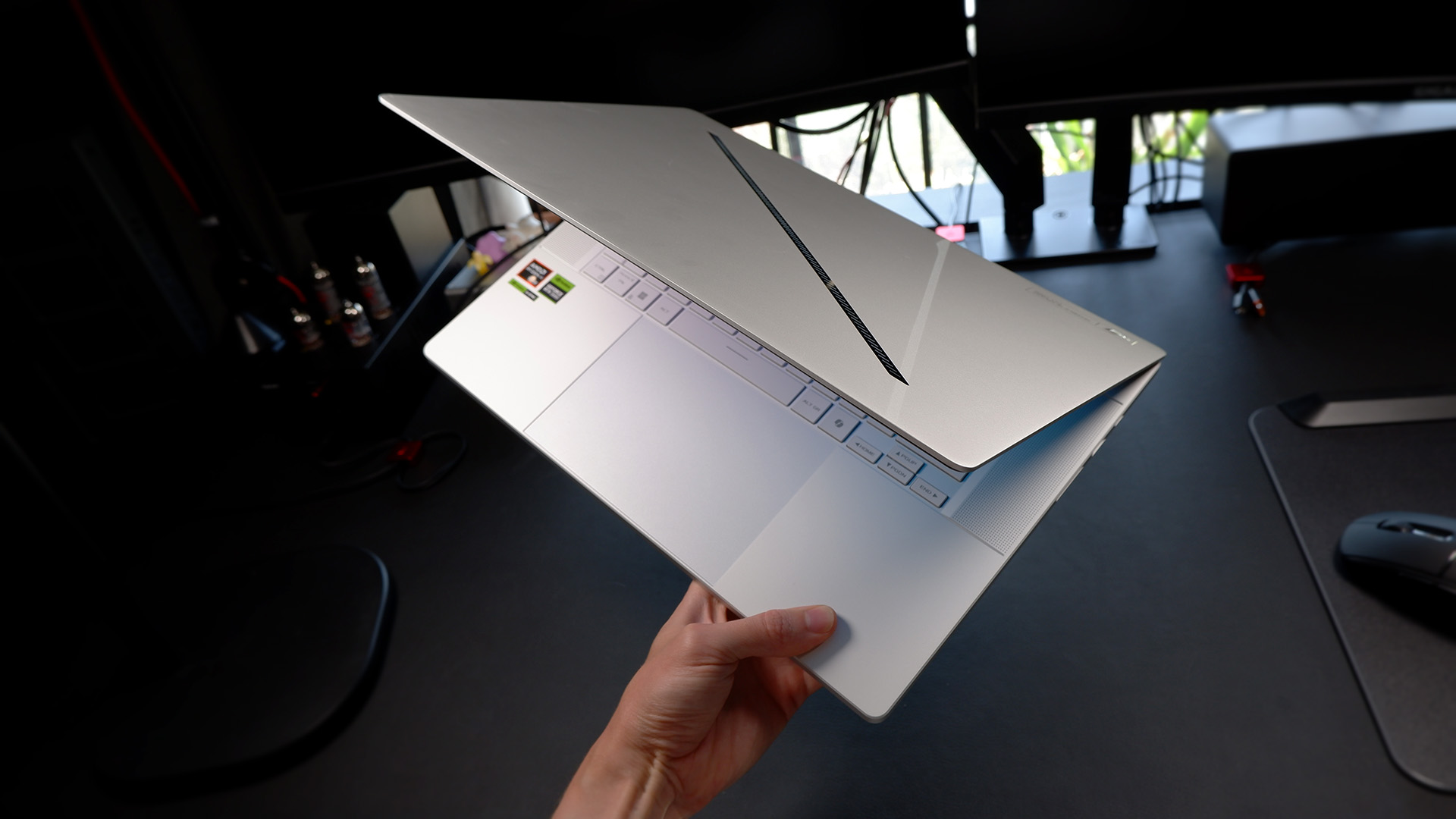
I say this because I do think there's something to be said for Asus as one of the biggest winners of the year, considering the launches of both the ROG Ally X and the ROG Zephyrus G16. That's the best gaming handheld and best gaming laptop all wrapped up for the year, as we're only just beginning to see newer handhelds featuring Lunar Lake and Strix Point filter through. However, the case against Asus is pretty strong, too, considering the company's rough approach to customer service that left customers reeling. It's making changes to resolve that now, but I dare say that precludes the company from getting a big thumbs up overall for the year.
You can also make the case for 2024 as the year of the analogue gaming keyboard, but that might be expanding this article's remit a little too far…
Looking back and it's tough to call any one company or person as the big winner. There are usually more sides to the story, more factors to consider, and differing opinions on what went wrong or right. You could just as much give out the award to the ephemeral concept of PC gamers having a good time with some wicked new products as you could chastise the entire industry for chasing profits and ignoring problems.
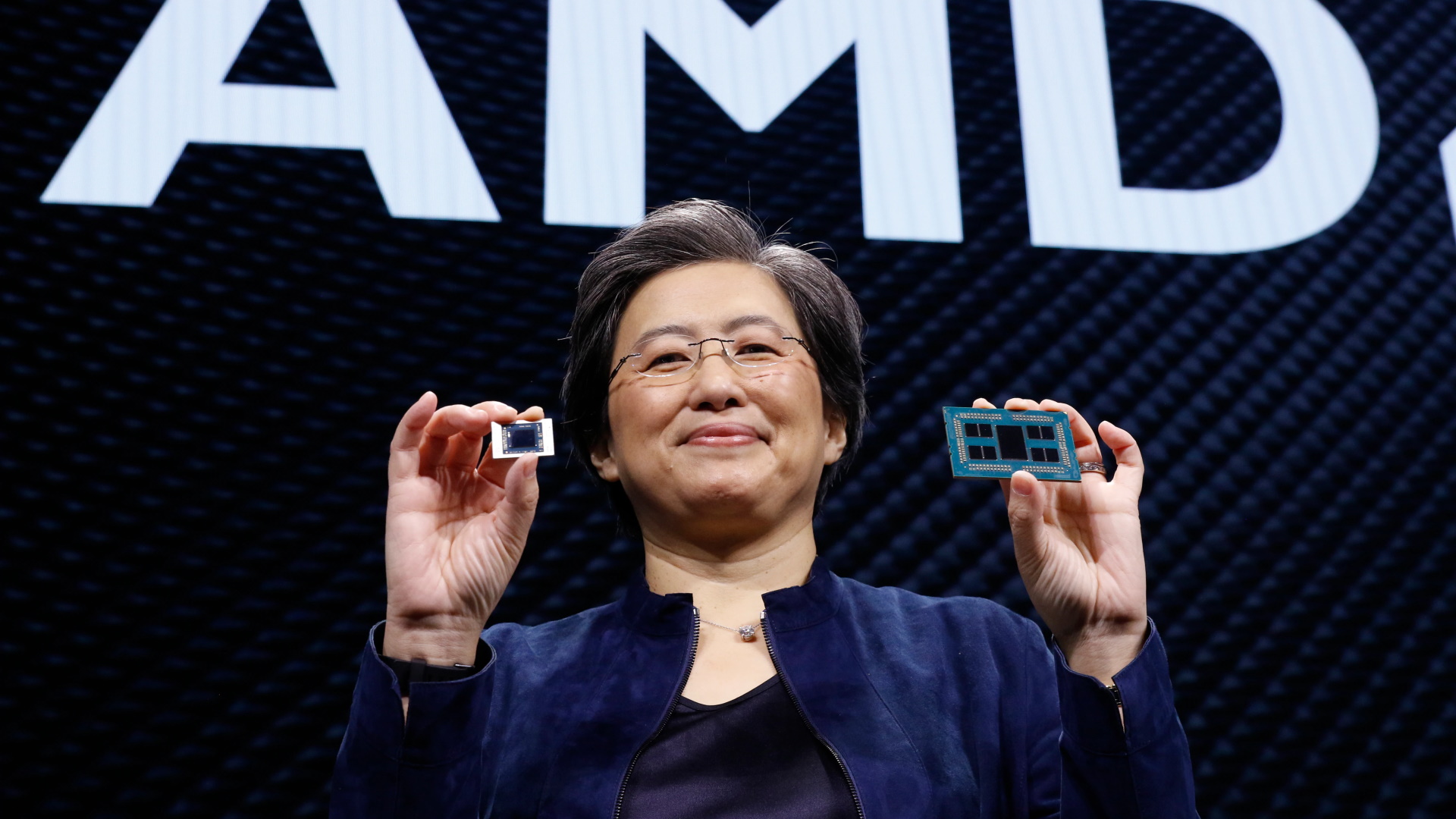
Like, sure, you could say Jensen Huang is the biggest winner—he's the longest serving Silicon Valley CEO with the foresight to double down on AI before it was cool—and it'd be totally fair and well deserved. I'm reading The Nvidia Way right now and the man hustled to get where he is today. But how many times has Jensen even mentioned gaming in his keynotes this year?
But I understand why I can't bottle it with some flaky answer about the true winners and losers were the games we played along the way. If I was forced to pick a winner, off the back of a single product alone, it'd be AMD. The Ryzen 7 9800X3D is progress, ingenuity, and performance at its finest—and done for the best reason imaginable: to simply make your gaming PC faster. Well deserved, AMD.

Jacob earned his first byline writing for his own tech blog. From there, he graduated to professionally breaking things as hardware writer at PCGamesN, and would go on to run the team as hardware editor. He joined PC Gamer's top staff as senior hardware editor before becoming managing editor of the hardware team, and you'll now find him reporting on the latest developments in the technology and gaming industries and testing the newest PC components.

